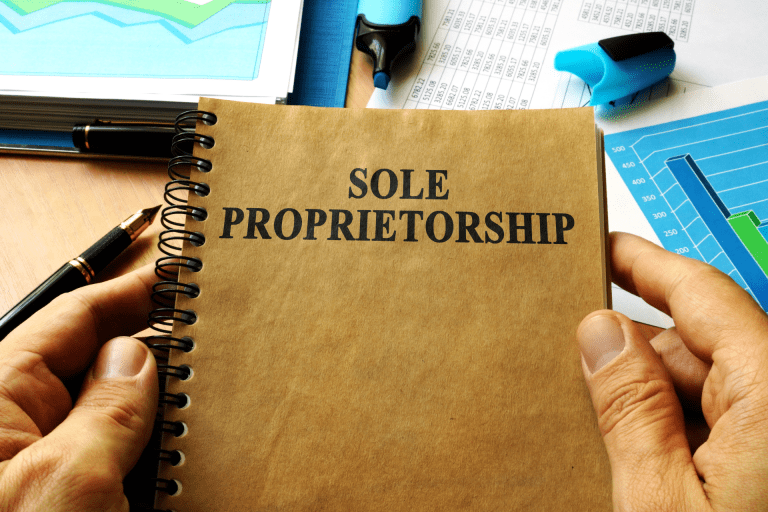The closing of a real estate transaction is the moment when the buyer and the seller exchange the required documents, the keys, and the money paid for the property. Before the documents are signed, mortgage lenders conduct multiple checks to protect themselves from potential risk.
What do mortgage lenders check before closing in Florida? Read on to find out.
What Do Lenders Check Before Closing in Florida? – In Detail
The first contact between a buyer and a mortgage lender is the pre-qualification phase. In this phase, the prospective borrower must provide an extensive list of documents and information. The standard documentation includes:
- Personal information (i.e., full name, address, marital status, etc.)
- Proof of the borrower’s credit score
- The borrower’s social security number
- Full history of residence, employment, and income
- Account balances
- Statements of debt payments and balances
- Confirmation of any foreclosures within the last seven years
- Confirmation of any bankruptcies within the last seven years
- Proof and sourcing of a down payment
Mortgage lenders in Florida often require prospective borrowers to prepare a letter of explanation including each credit inquiry made in recent years (e.g., applying for a new credit card), and any derogatory information in the borrower’s credit history (e.g., defaulting payments).
The Dodd-Frank Act requires lenders to provide a Loan Estimate to prospective borrowers. This document’s purpose is to disclose the key elements of the mortgage, such as features, costs, and risks involved in the loan.
The information provided in the document may vary depending on the type of loan, the schedule for payments, the applicable fees, the terms of the purchase agreement, and the legal provisions of state law.
Lenders must provide the Loan Estimate no later than three business days after prospective borrowers have filed a loan application.
Once the mortgage is pre-approved, many prospective buyers may think that lenders will not run another check before closing. During the time window between pre-approval and the property’s closing, lenders continue to monitor the borrower.
Shortly before the closing, most lenders will perform a final credit check to identify whether the new check matches the initial check. If the borrower fails to pass the double-check due to a lower credit record or a risky profile, the lender may not underwrite the mortgage.
Depending on the situation, a lender may submit the borrower’s application for a second review for final confirmation.
Proceeding to Close a Real Estate Transaction in Florida – Final Steps
A few days before the closing date, the lender will send the loan documentation to the closing agent responsible for the transaction. The documents include a list of instructions that provide the conditions to close the loan, in addition to the signed mortgage paperwork.
At this stage, the lender must provide a Closing Disclosure at least three business days before the loan is closed. This document provides the final details about the mortgage loan signed by the borrower.
Written in plain language with no complex terms, the Closing Disclosure allows the borrower to easily locate information such as:
- The terms of the loan
- The interest rate
- The projected monthly payments
- The fees and closing costs required to close the loan
Mortgage Lenders vs. Closing in Florida – Immediately Contact Jurado & Associates, P.A.
A well-versed attorney from Jurado & Associates, P.A. is willing to help protect your interests in Florida. Call us today at (305) 921-0976 or email [email protected] for expert legal guidance.






